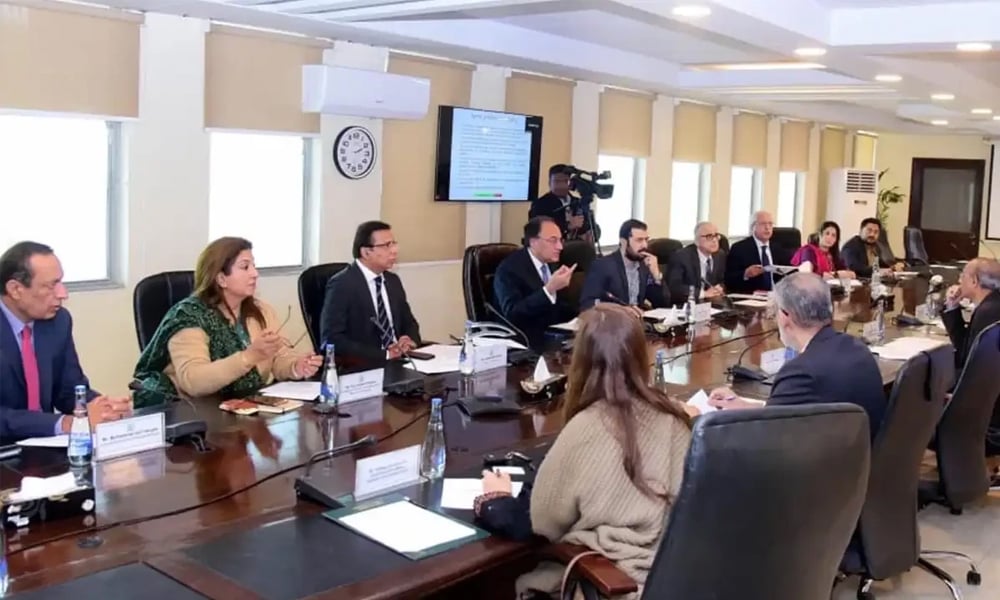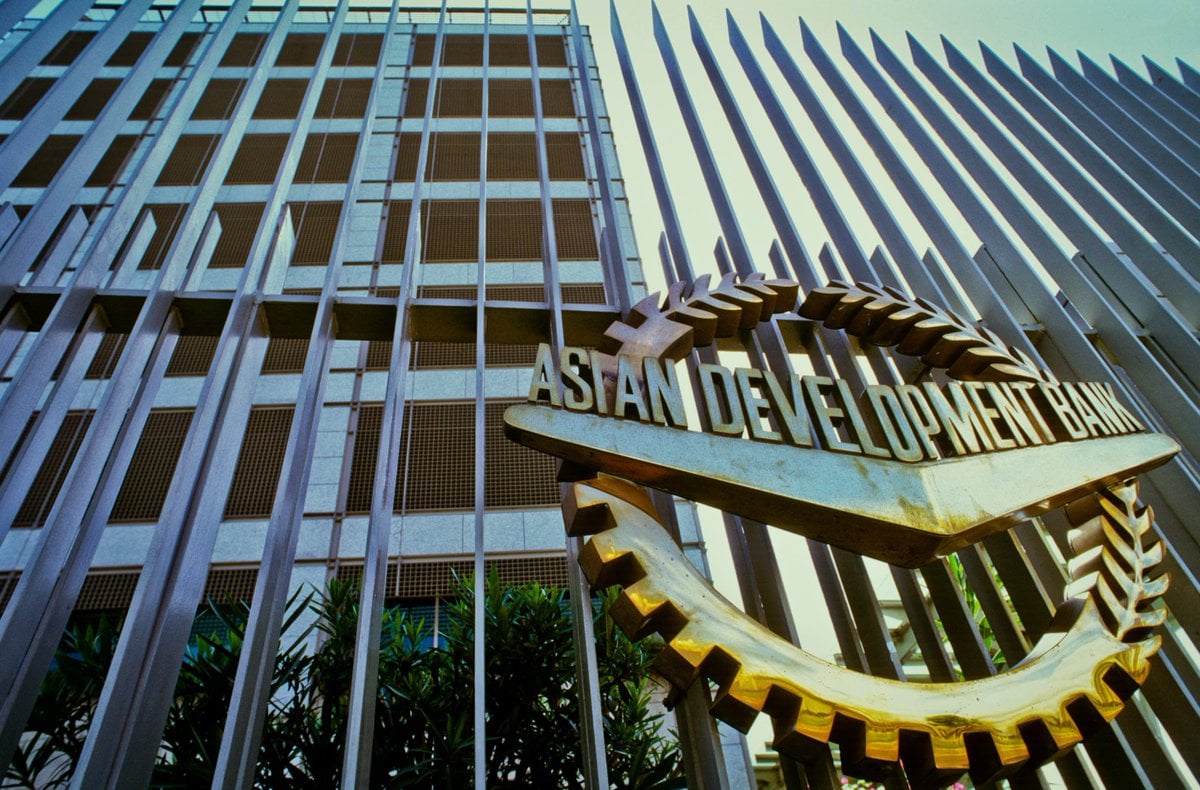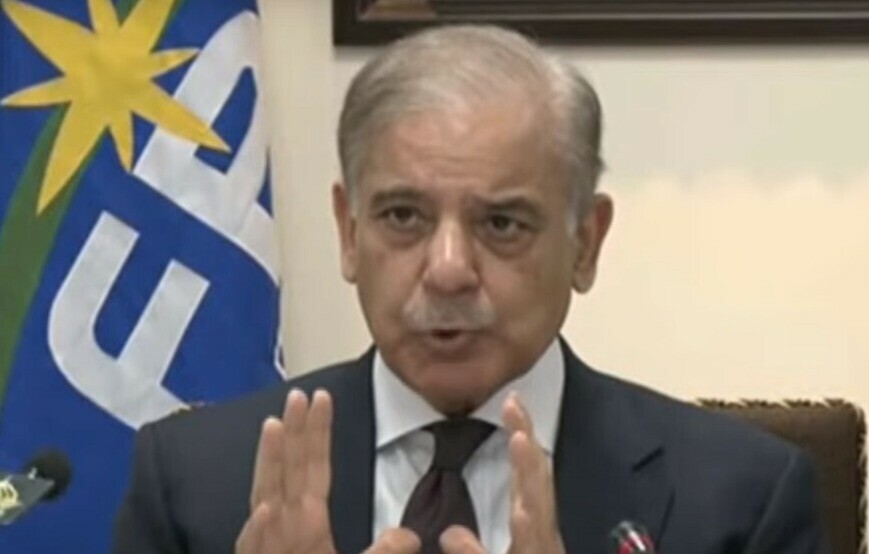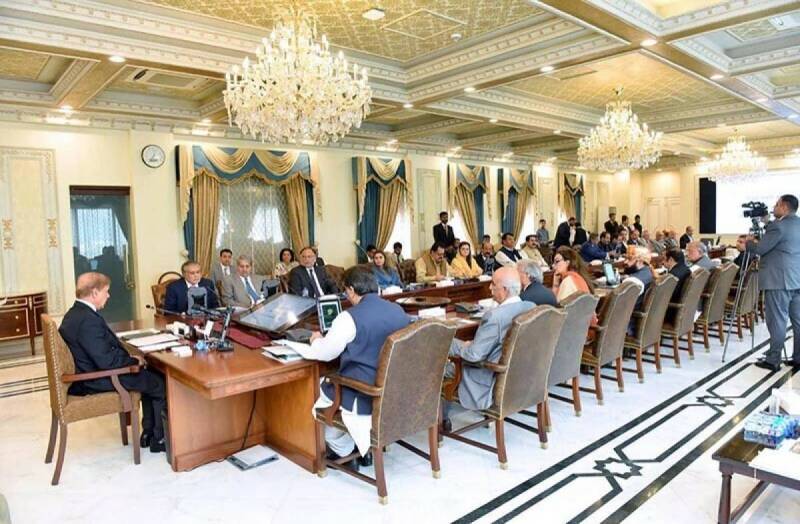PTBP Web Desk
The Prime Minister’s Committee on Social Impact Financing has outlined a comprehensive agenda to drive financial inclusion and uplift marginalized communities. Chaired by Federal Minister for Finance and Revenue Muhammad Aurangzeb, the meeting emphasized innovative financial solutions and the establishment of robust policies to support social impact financing.
Prioritizing Policy and Regulatory Frameworks
At the heart of the discussions was the development of a solid policy and regulatory framework to address legal and financial challenges. This framework aims to connect philanthropic contributions, such as Sadqaat and Zakat, with underserved communities. The committee’s efforts are geared toward mobilizing philanthropic capital to achieve tangible, sustainable outcomes.
Finance Minister Muhammad Aurangzeb stressed the importance of an enabling environment, stating, “The private sector has already been doing an outstanding job in this domain. Our focus should be on creating facilitative frameworks rather than establishing additional government institutions, aligning with the government’s rightsizing objectives.”
Integrating Technology for Accountability
Aurangzeb highlighted the necessity of transparency in philanthropy, extending from donors to end beneficiaries. He underscored the role of digital solutions in creating efficient systems, ensuring accountability, and building trust among stakeholders. “Transparency and impact evaluation are essential to fostering credibility in social impact initiatives,” he added.
Key Priorities Discussed
The committee’s discussions revolved around six critical priorities:
- Developing a Policy and Regulatory Framework: Establish connections between philanthropic contributions and the underserved.
- Mobilizing Philanthropic Capital: Achieve sustainable social outcomes through targeted financial interventions.
- Addressing Challenges: Overcome legal, financial, and regulatory barriers to facilitate impact financing.
- Enhancing Financial Inclusion: Promote access to financial services while adhering to religious principles.
- Mitigating Risks: Safeguard social impact investments by identifying potential risks.
- Promoting Digitalization: Strengthen accountability mechanisms through digital solutions and impact evaluations.
Encouraging Public-Private Partnerships
The participants explored blended financing models and public-private partnerships as viable solutions. Discussions also covered fostering microfinance initiatives and creating a regulatory framework that encourages private-sector innovation while safeguarding investments.
Stakeholder Engagement and Commitment
The meeting brought together diverse stakeholders from public and private sectors, including representatives from the State Bank of Pakistan, Securities and Exchange Commission of Pakistan (SECP), Pakistan Banks’ Association, and leading NGOs. Key participants included:
- Ali Parvez Malik, Minister of State for Finance and Revenue.
- Kamran Shams, CEO of Akhuwat Foundation.
- Dr. Waqas ul Hassan, CEO of Karandaaz Pakistan.
- Dr. Fatima Khushnood, CEO of Pakistan Environment Trust.
- Hamed Yaqoob Sheikh, Team Leader of FCDO’s REMIT Program.
These stakeholders shared insights and proposed measures to strengthen Pakistan’s social impact financing ecosystem.
Commitment to Inclusive Growth
Finance Minister Aurangzeb expressed appreciation for the stakeholders’ contributions and reaffirmed the government’s commitment to fostering inclusive growth and sustainable development. He directed the committee to accelerate efforts in finalizing the proposed policy framework, ensuring that the private sector takes the lead in driving impactful initiatives.
“We must transition from traditional charity models to broader impact financing,” Aurangzeb remarked. “Accountability and transparency are pivotal in building a trusted ecosystem for social impact.”




